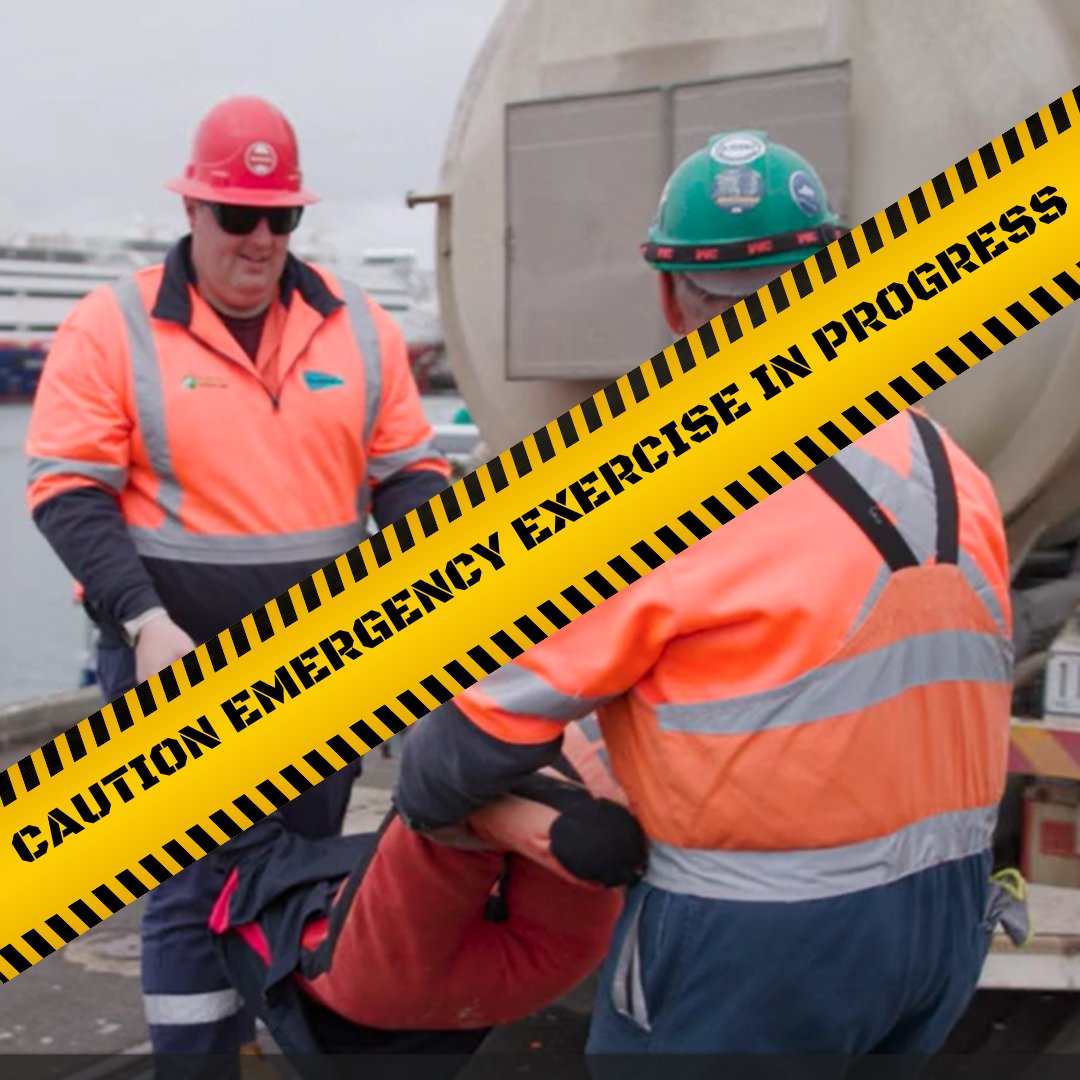Risk management involves identifying and analyzing risks that could have detrimental impacts on your business before they cause problems. In the risk management world, there are four main risk mitigation strategies: risk acceptance, risk transference, risk avoidance and risk reduction. The nature of the operation, product or specific risk that it poses will determine which of these four strategies is the best to apply to it.
Risk Acceptance
Risk acceptance is where the costs associated with preventing the risk are higher than the potential loss that could arise from it. These kinds of risks are generally small in magnitude and are infrequent. Other risks are deemed as more frequent or pose a higher risk to the business, and therefore resources are seen as being better spent on mitigating those risks. A business may be aware that items they sell could be stolen occasionally, but if the items are low value and are not detrimentally impacting on profits, the business may accept that it is a risk that cannot be avoided instead of employing a security team that may cost more than the risk is worth.
Risk Transference
Risk transference involves shifting a risk from one entity to another. Essentially, in the case where a business may be at risk of losing profits should something specific occur, a third-party will instead willingly have to deal with the losses should the risk eventuate. Insurance policies are a form of risk transference. A business may sell goods knowing that there is the risk that they may be damaged prior to sale or attract thievery. The business may then insure the goods they are selling so that, in the event that they are damaged or stolen, those risks will not impact their profits, and instead it will be the third party, who is the insurance company, that will incur the monetary loss.
Risk Avoidance
Risk avoidance involves limiting or ceasing certain activities that may heighten the risk of an unexpected event. The exposure a business may have to a specific risk is eliminated, allowing the business to instead direct their focus towards more effectively managing the remaining risks. For example, a business could choose not to sell specific items or offer services that carry with them riskier liabilities and chances for the company to have legal action brought against it. Instead of trying to reduce the risks such a product or service could pose, it can be more effective to completely cut out the risk entirely by not offering the service or product, and instead focus on different options that carry risks that are deemed manageable.
Risk Reduction
Risk reduction rather involves reducing the possible losses that could be sustained from operations and activities that innately carry risks with them. The business has not transferred the risk to another entity and does not cease the operations that involve the risk, but instead attempts to mitigate how negatively the business would be impacted should the risk eventuate. While risk reduction still puts a business at risk, unlike risk avoidance, some operations that carry risks with them can be essential for the operations of a business. For example, selling an expensive item that may attract thieves could be considered an essential product to sell for a jewelry store. Instead of no longer selling such items, the business could then install security cameras and have security guards on the premises in order to reduce the risk of thievery.
Industries that are offered risk management services:

Aviation

Agribusiness

Electricity Transmission and Distribution

Electricity Generation, including Renewables

Gas Transmission and Distribution

Government

Industrial and manufacturing

Maritime (ports)

Mining

Oil and gas

Water

Office and Corporate
Unsure which of these strategies should be used to manage your business’ risks? Contact Resilient Services today to find out what our knowledgeable team can do for your business.




